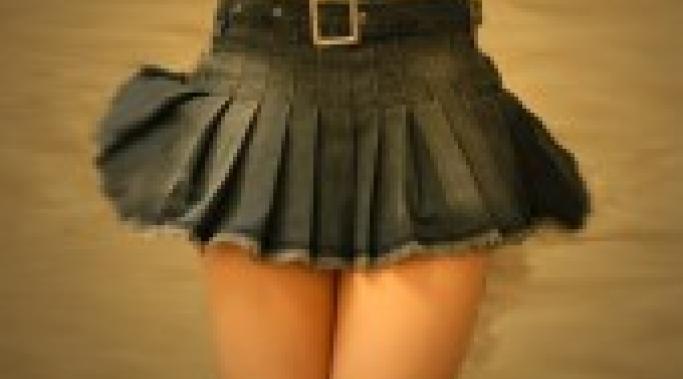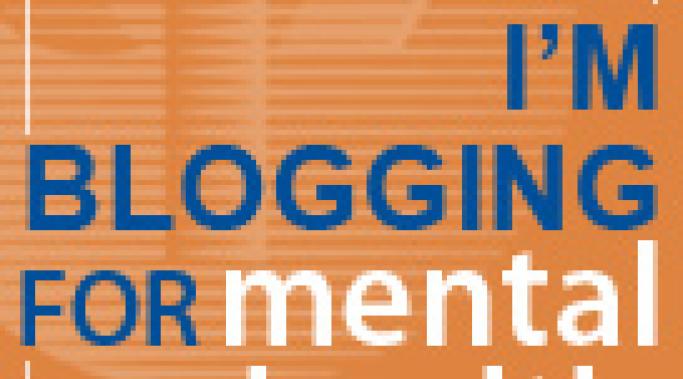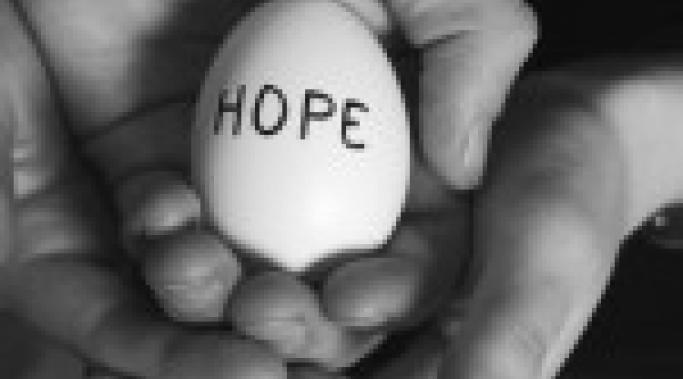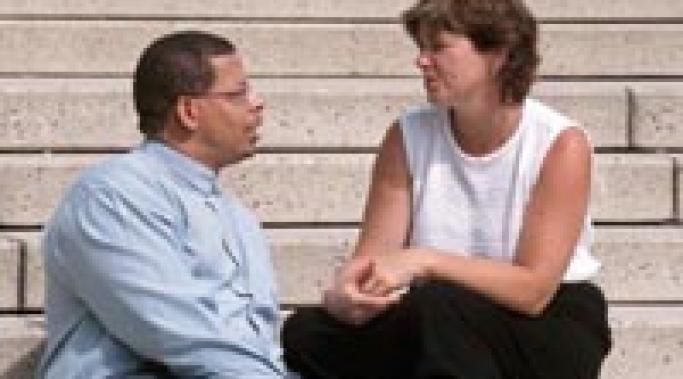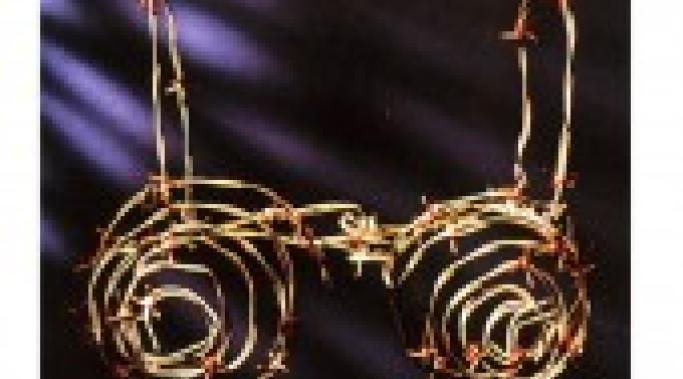When I was quite ill with anorexia, I presented myself as detached and invulnerable. Nothing could hurt me. I was strong...I was beyond human feelings...I was beyond human needs because I didn't need much food/sleep/love that most humans required.
It was all an act. I was—and still am—immensely vulnerable.
I'm just afraid to let people know this.
Surviving ED
Every so often, I am asked why I decided to write about my experiences with anorexia under my own name.
The simple answer? Because I refuse to be ashamed.
A few weeks ago, I gave away the last of my "anorexic" clothing.
The clothing that was too young. Too short. Too...anorexic.
I mean, a micro-miniskirt on a forty-six-year-old? Seriously?
I feel myself becoming more free each day.
Anorexia is not a choice.
Anorexia is not a lifestyle.
Anorexia is not about vanity. Or being thin. Or seeking attention. Or...
Anorexia is a serious, potentially life-threatening mental illness that effects millions of people—women and men, young and old, rich and poor, black or white.
Anorexia could strike your loved one. Or your mother. Your girlfriend.
Or you.
It is 11:22 p.m. and I'm still staring at the blank computer screen. My head hurts. My stomach feels queasy. I'm tired.
The worst part? I struggled to eat today. Not because the eating disorder voice hammered at me. Not because I felt compelled to lose weight.
But because I simply did not feel hungry.
Stress kills my appetite. Now I have to make sure it doesn't kill my recovery from anorexia.
I was not recovered when I started writing my personal eating disorders blog, The Spirit Within. In fact, I was in the midst of a serious relapse that wouldn't end until I was forced to take almost three months sick leave from my job at the time—and this wouldn't be my last relapse.
In light of recent decisions by several blog servers to revamp their posting policies, I've asked myself what are the responsibilities inherent with eating disorder blogging? Am I—and other eating disorder bloggers—responsible for the potential damage our words might have?
Do you believe there is hope for recovery from your eating disorder? Or do you believe the best you can hope for is management of your eating disorder symptoms?
I believe there is hope. I believe that one day, I will be free.
Jessica Schnaider, 41, spent eight days connected to a NG feeding tube in March. She wasn't sick. She doesn't suffer from anorexia. She isn't obese.
She merely wanted to lose weight before she got married.
To say I was incredulous would be an understatement.
I was diagnosed with anorexia nervosa when I was forty-two, although I've wondered if I didn't have at least vestiges of the disorder when I was a young adult. For a long time, I tried hard to hide my condition or at least deflect concern about me onto others . . . anyone, as long as people didn't guess my secret: that I was anorexic.
I should have saved myself the trouble, because the majority people I knew figured out what was wrong with me long before I would even admit it.
I often wondered what would have happened if either:
a. I had talked to someone when I first began restricting at the age of eighteen, or
b. If I had chose to keep silent about my eating disorder.
I know — two different scenarios.
Last week, I looked down and realized I needed something I haven't needed for a very long time.
A bra.
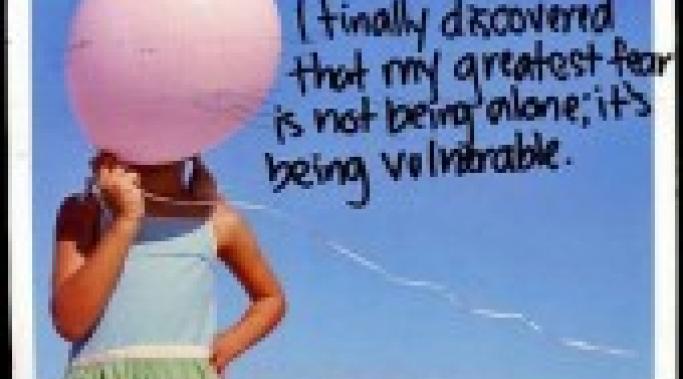
![blog symbol[4]](/sites/default/files/styles/blog_listing/public/uploads/2012/05/blog-symbol41-170x127.jpg?itok=wXqNkvb0)
